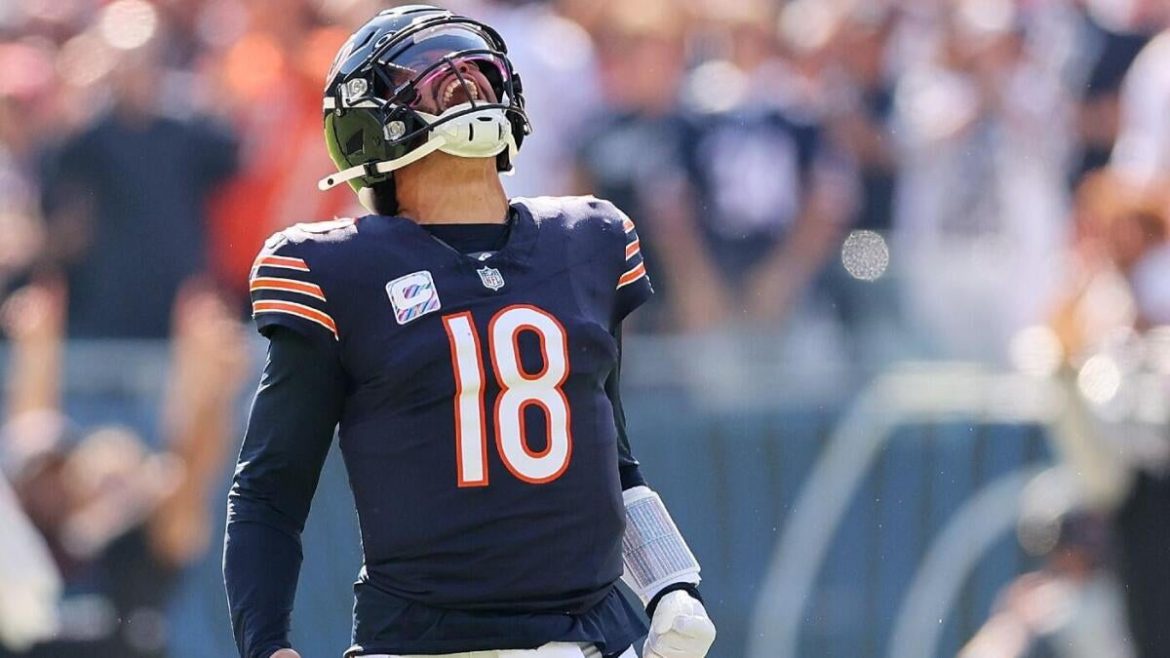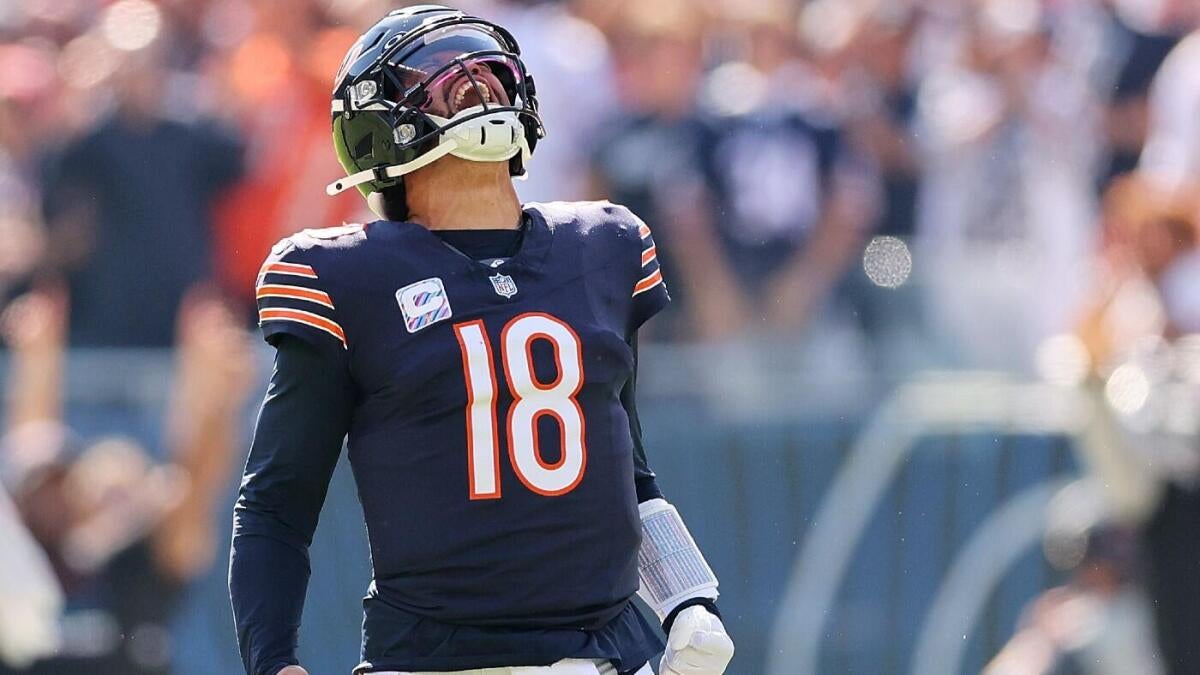Assessing NFL Backup Quarterback Situations and Team Contingency Plans Entering 2024–2025 Seasons
In the high-stakes world of the NFL, the quarterback position looms large as the most critical factor in a team’s success or failure. Given the physical demands and injury risks inherent to the sport, the quality and readiness of backup quarterbacks (QBs) have become vital components of effective team planning. Backup QBs serve as insurance policies for franchises, capable of either stabilizing a team in crisis or exposing vulnerabilities when the starter is sidelined. This analysis delves into the current landscape of NFL backup quarterback situations, evaluating which teams have the best and worst contingency plans, exploring best- and worst-case team scenarios heading into 2024 and 2025 training camps, and forecasting how these backup situations may influence franchise fortunes.
—
The Landscape of Backup Quarterback Quality: Who’s Ready When Called Upon?
Backup quarterback depth varies widely between teams, ranging from seasoned veterans with starting experience to untested rookies thrust into complex systems. Rankings from leading sports analyses highlight several teams that stand out positively for their backup QB depth.
Teams with the Best Backup QB Situations
– Pittsburgh Steelers: Often cited at the top of backup QB rankings, the Steelers boast a veteran and reliable No. 2 option capable of stepping in without dramatically lowering the team’s competitiveness.
– Indianapolis Colts: With an experienced backup and strong quarterback development infrastructure, the Colts are positioned well to weather a starter injury.
– Kansas City Chiefs: Known for resilience, the Chiefs’ backup QBs not only bring solid skills but also benefit from an offensive system designed to ease quarterback transitions.
– Green Bay Packers and Los Angeles Rams: These franchises leverage capable backups who can guide their teams competently, thanks to a combination of experience and protection by strong offensive groups.
Such teams offer “insurance plans” that reduce the catastrophic impact of losing their starting QB, thereby enhancing their overall strategic flexibility and playoff viability.
Teams with the Worst Backup QB Situations
Conversely, there are franchises where the backup QB situation raises grave concerns:
– The New England Patriots, recently under criticism for coaching moves affecting quarterback stability, have a backup scenario viewed as fragile given the drop-offs in performance metrics of recent backups.
– Teams like the Arizona Cardinals and Miami Dolphins in recent years have thrown unproven or struggling backups into high-pressure roles with adverse results, highlighting a lack of reliable contingency.
– Organizations with rookie backups or inconsistent veteran backups face an increased risk of offensive collapse should injury arise.
—
Best-Case and Worst-Case Scenarios for 2024–2025 Seasons
Backup quarterback quality substantially influences the range of plausible outcomes for each team’s season. Analysts break down best- and worst-case scenarios factoring QB health, backups’ competence, and surrounding roster strength.
Best-Case Scenarios Enabled by Strong Backup Depth
– Teams like the Buffalo Bills, Chiefs, and Colts expect to either maintain or improve playoff positioning even if their starters are injured, thanks to backups who can competently manage the offense.
– Defensive resurgence combined with backup QB readiness, as seen in teams like the Steelers, enhances hopeful wild-card appearances or even division titles in certain projections.
– Crafts teams that use their QB depth to mitigate offensive line issues or injuries to skill position players can sustain competitive performances.
Worst-Case Cascading Effects Without Reliable Backups
– Teams suffering offensive line breakdowns compounded by inexperienced backups may descend into offensive inefficiency and losses. For example, offensive line collapses paired with unproven backups can severely hamper any realistic postseason aspirations.
– Teams forced to rely on backups struggling with high sack rates, poor passing grades, or unfamiliarity with complex offenses risk tanking games, losing momentum, and missing playoffs.
– Rookie backup quarterbacks facing steep learning curves may become overwhelmed, exacerbating offensive woes rather than alleviating them.
—
Evaluating Team Strategies Regarding Backup Quarterbacks
The strategic approaches of NFL teams toward backup QBs reveal much about organizational philosophies and risk tolerances.
– Some teams invest in veteran backups with starting experience (e.g., Joe Flacco, Jameis Winston), believing that preparedness outweighs upside.
– Others gamble on high-upside young backups or rookie prospects, hoping developmental investments will pay off but risking immediate instability.
– A handful of franchises actively sought to acquire or develop standout backups who could transition to starters within a season or two, as evidenced by rankings including emerging talents like Gardner Minshew II or rookies discussed in 2025 outlooks.
Draft strategies also reflect backup planning. For example, holding high draft picks to reinforce the QB pipeline or trading for proven backups serves as critical risk mitigation.
—
Conclusion: Why Backup QB Situations Could Make or Break 2024–25 NFL Campaigns
In an era where quarterback injuries can alter the fates of franchises overnight, backup quarterback quality assumes paramount importance. Teams like the Steelers, Colts, and Chiefs that blend veteran experience with system support showcase ideal contingency plans, enabling worry-free aggressive strategies. In contrast, teams with fragile backup setups face steep uphill battles, as a single injury could collapse their season’s chances.
As training camps and drafts unfold, organizational success will increasingly hinge on these backup insurance policies, making the seemingly secondary QB role a crucial linchpin for NFL contenders and rebuilding teams alike. The backup quarterback conversation, once a footnote, is now a centerpiece in understanding and predicting NFL team trajectories.





